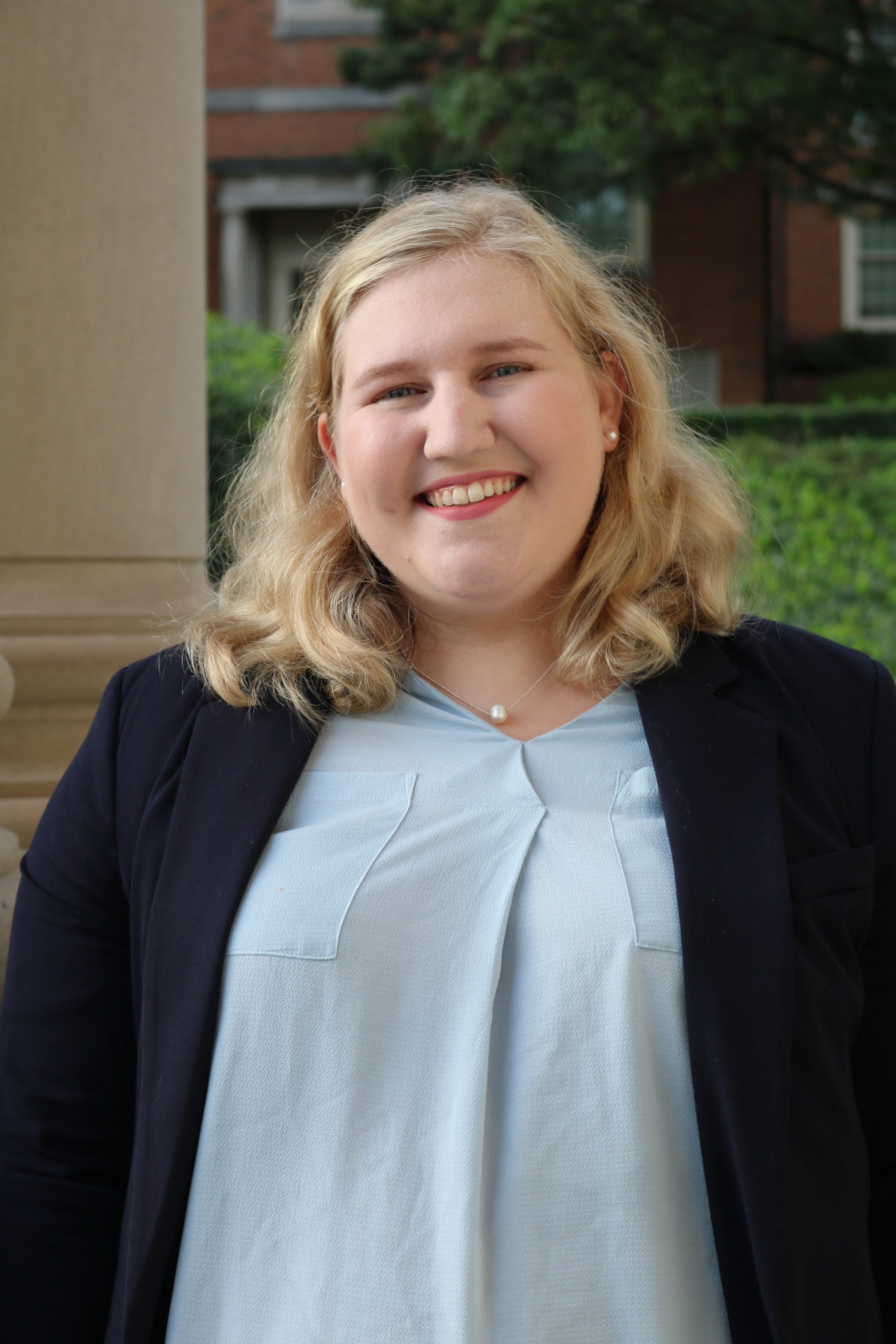The Samford University Debate Team began its season by winning against several, nationally recognized elite programs at the online Northwestern Debate Tournament from Sept. 18 to Sept. 20.
“It was the season opener, so it was a major,” Assistant Director of Samford Debate Lee Quinn said.
In the tournament, the Varsity team composed of Sawyer Emerson and Maddox Gates defeated teams from Harvard, Georgetown, Missouri State and the University of Kentucky. The Junior Varsity team composed of Max Willinger and Taijah Clark defeated teams from New York University, Houston and Fresno City. Varsity team members Joey Tarnowski and Alyssa Gregory defeated the University of California in Berkeley and University of Central Oklahoma teams. Senior Max Willinger was named 8th speaker and freshman Taijah Clark was named 10th speaker at the tournament.
Debate Team Director Ryan Galloway said the team was very excited when they heard the news of their winnings.
“We were all waiting for the judge to announce the decision against Harvard and a huge cheer came up from all of our debaters when we won,” Galloway said. “We were very pleased that all of the hard work and effort paid off.”
Quinn said that this was a major win for Samford Debate.
“This was the best major Samford has had since 2011,” Quinn said.
Samford Debate aims l to be one of the top ranked teams in the country.
“We would like to qualify for nationals and receive a first round bid, which would mean we were ranked in the top 16 teams in the country,” Galloway said.
This is the first digital debate tournament, according to Quinn and Galloway, who said they were impressed with how quickly the team was able to adapt to a digital tournament.
“We had all our meetings virtually, which meant there was less contact with the debaters,” Galloway said. “At the same time, I think the debaters adapted brilliantly, working hard on their own time and coming to our virtual meetings prepared to talk about their research.”
While there are a few downsides to having a digital debate tournament, like making connections with other teams and colleges, Quinn said he believed there are a lot more positive things that come from a digital tournament. It is easier for team members to work and compete remotely from their homes, he said.
“A ton of our debaters prefer it because, if you can imagine, we should have been flying to Evanston, (outside of) Chicago, and that is a long flight. Then you sleep in a hotel bed, you wake up at 5 a.m., you debate and then you go to bed at 1 a.m., and you do that for three days in a row. You’re eating McDonalds. It’s grueling, it’s really unhealthy,” Quinn said. “But I think a pro of digital debate is that it’s a lot easier for debaters. They get to sleep in their own bed, we make sure they have access to healthy food, and overall I think it makes it a little easier on the soul.”
Quinn said the transition to a digital debate tournament makes it more about the work and execution of their arguments, as well as the research debaters put into these events.
“So much of the communication comes down to ethos, pathos and logos, and I think that digital debate reduces the amount of ethos that may influence a judge, but it elevates the amount of pathos and logos,” Quinn said.
The Samford Debate team worked hard over the summer to prepare for this first major tournament.
“We just spend a lot of time in what I would call a digital gym just doing research, cutting evidence, doing specific work, and making sure our debaters are healthy,” Quinn said. “We get our debaters yoga mats, make sure they go on walks, because mental health is increasingly hard to find, but it is increasingly key to the grind.”
Quinn said that the debate team not only helps their team members, but also Samford University as a whole.
“The debate program takes the best students from Samford, it puts them on a national stage, and it allows them to show that our students can compete with the smartest kids in the world. I think that is something Samford culturally should highlight a little bit more,” Quinn said.
Overall, Quinn and Galloway said they are happy about their victories in this tournament and are looking forward to winning more tournaments this season, even while there is a global pandemic occurring.
“I was very proud of the hard work, preparation, and commitment our team made,” Galloway said. “Everything is pretty different right now, debating to screens and debating out of our squad room. But the basic principles of dedicating yourself to a cause, making a long-term commitment, and the willingness to sacrifice your time to put effort into what you want to do, all paid off.”







